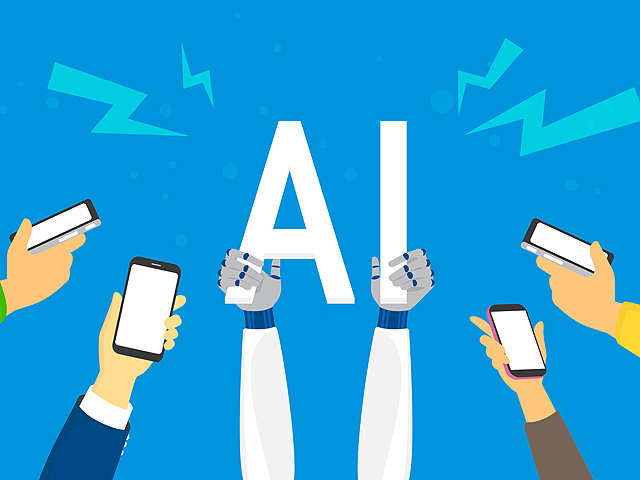Artificial Intelligence allows machines to learn from experience, adapt to new facts, and perform human-like tasks, from chess-playing computers to self-driving cars. This all relies profoundly on deep learning and natural language processing.
The primary objective of AI is to allow computers to do intellectual tasks like decision-making, problem-solving, understanding human communication in any language, and translating among them.
1. Economy, Business, and Industries
Artificial intelligence can assist in the evolution of work, which can benefit the economy. Robots and artificial intelligence will assist people in performing their responsibilities more effectively, not replace them. Man and machine working together will be unstoppable.
2. Automation
One of the most widely advantages of AI technology is automation, which has had significant effects on the communications, transportation, consumer goods, and service industries. Automation not only increases production rates and productivity in these industries, but it also provides for more efficient raw material utilization, improved product quality, shorter lead times, and better safety.
3. For Humanity and Society
By using search algorithms that give focused information, artificial intelligence improves consumers' lifestyle choices. All routine duties, such as data entry and email response, will be handled by AI. Smart houses driven by AI can save energy while also improving security.
4. Criminal Justice System
The retrieval of information will be faster, which is a desirable benefit of AI in the court system. Algorithms can be used to look for someone's criminal history or any other public documents on the internet. Shorter lines at the courthouse or police station will relieve pressure on police officers and court personnel.
5. Smart Decision Making
Artificial Intelligence has long been used to help businesses make better decisions. To make the best judgments for the firm, AI technology can coordinate data distribution, assess trends, build data consistency, provide forecasts, and quantify uncertainties.
6. Better quality and reduction of human error
When AI and machine learning are combined with RPA, a technology that automates repetitive, rules-based operations, the result not only speeds up processes and lowers errors, but it can also be trained to improve and take on broader jobs.
7. Artificial Intelligence has revamped the medical sector
Artificial Intelligence is widely used in medical sciences and medicine, which is one of its most significant advantages. There are a plethora of medical applications that rely on AI.
Doctors use artificial or machine intelligence-based health care technologies to examine a patient's health-related risk factors. It assists the patient in learning about the adverse effects of various prescriptions and medicines, as well as providing personal digital care.
























No comments:
Post a Comment